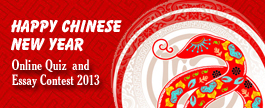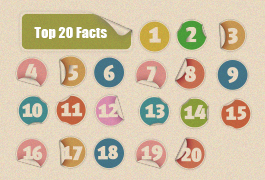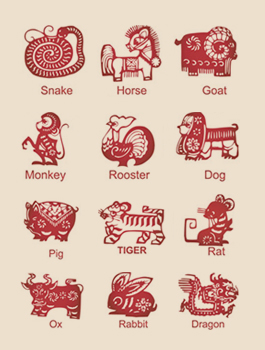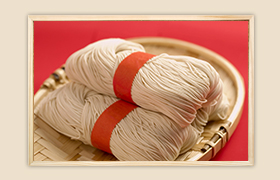Anti-Japanese War Dramas under Fire
(Chinadaily.com.cn)
Updated: 2013-04-19
China experienced decades of suffering during the Japanese aggression in the early 20th century, and the hurt can still be felt among many Chinese people. Yet China’s humiliating past is still mired in cover-ups and whitewashing, especially in popular culture. A close look at today’s anti-Japanese aggression TV dramas highlights the problem.
In a popular program, the leading character kills dozens of Japanese soldiers equipped with modern weaponry using traditional Chinese Kungfu, and even tears a solider into pieces with his bare hands. In another show, a hostile plane is blown out of the sky by a man tossing a hand grenade into the sky. The leading characters may often wear custom leather and Ray-Ban glasses, and ride Harleys.
Some argue that these characters are created in the same vein as superheroes like Batman and the Transformers, while the Japanese soldiers are portrayed as stupid and vulgar villains. Shi Zhongpeng, a 23-year-old actor in Hengdian World Studios, the largest TV and film production base in China, said that he has acted as a Japanese soldier in more than 30 dramas.
“The trick of playing a Japanese solider is that you have to be really wretched and cowardly… you have to be lascivious in front of the girls, and flee in a panic before the Eight Route Army,” he said.
Of the 150 crew shooting for TV shows in Hengdian by the end of 2012, 48 were associated with anti-Japanese topics. Of the 200 dramas aired on Chinese satellite televisions, over 70 were about espionage and the war against Japanese aggression.
On March 29, People’s Daily launched a strong attack on these historically distorted TV productions. “Although no regulations stipulate that we have to realistically dramatize the war against Japanese aggression, the humiliating past is not far from the present. Our victory is based on years of bloodshed, a basic principle we have to remember while studying the past.” it said.
CCTV, China’s largest media outlet, also aired a feature criticizing the rise in “crude and shoddily produced” anti-Japanese war dramas, which were not patriotic, historically accurate or educational.
“In fact, many TV stations and producers come up with many odd moves in their shows to upstage the peers and cater to the tastes of the audience, which may result in an overblown description or distortion of history,” said film critic Ni Jun in an interview with CCTV.
But many believe such widespread shows are closely related to the surge of nationalism in Chinese society, especially at a time when China is locked in a territorial dispute over the Diaoyu islands with Japan. Another issue is the fact that Japanese officials often visit the Yasukuni Shrine, which enshrines multiple war criminals from World War II.
“Today’s historical TV dramas are seriously divorced from history and facts, which may lead the audience astray. The anti-Japanese shows, for example, have lost their seriousness. The producers work at their own will and treat historical topics as trifling matters. It is an alarming situation,” said user 疏勒河之春 on her Weibo account.
“Why are the TV stations always broadcasting shows about espionage and anti-Japanese aggression? I am really tired of them,” said user桃心窝.
Contact the author of this article or email xuxinlei@chinadaily.com.cn with further questions, comments or tips.






